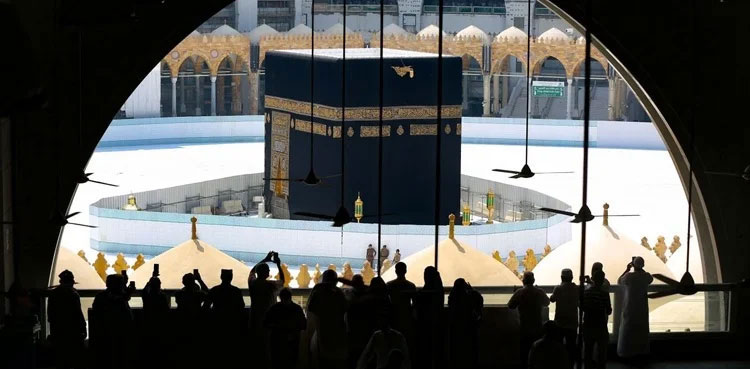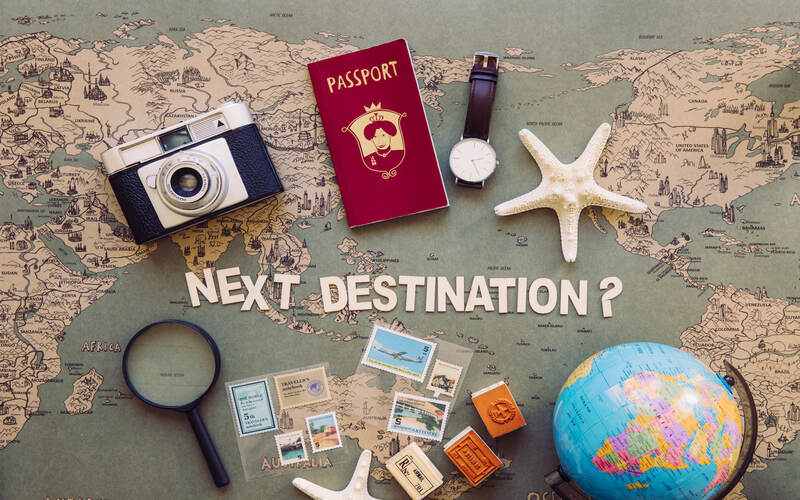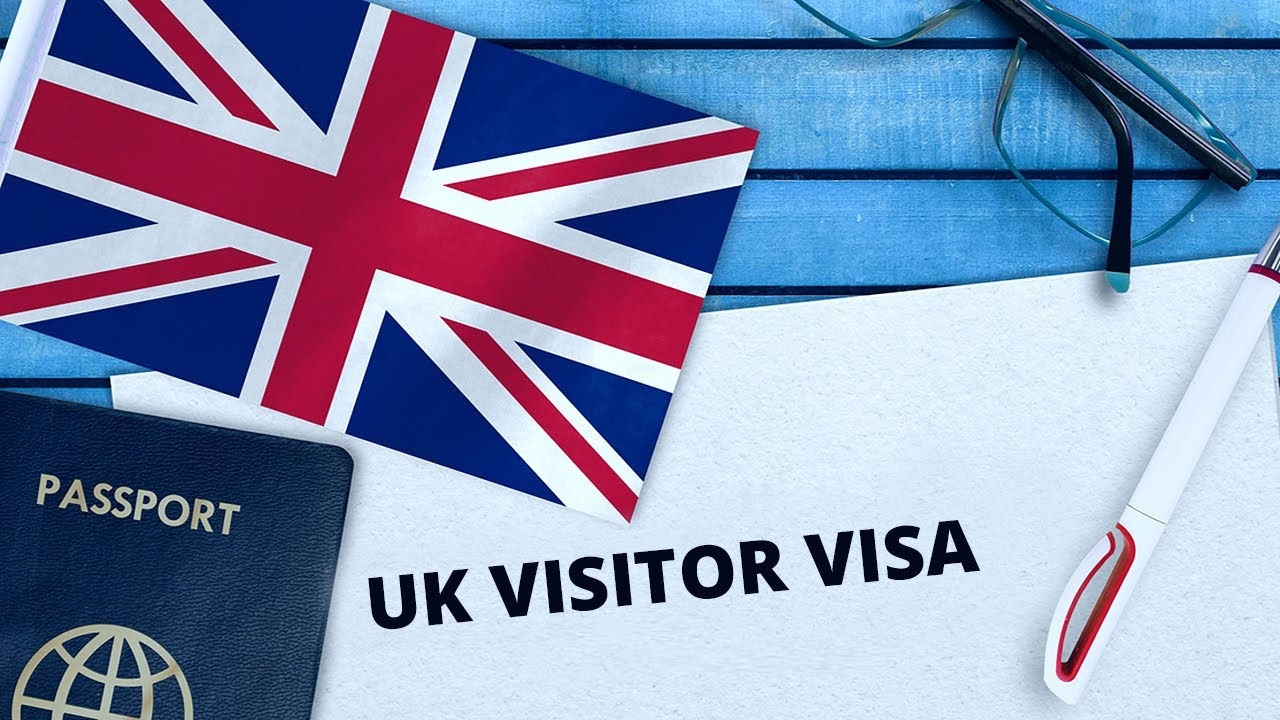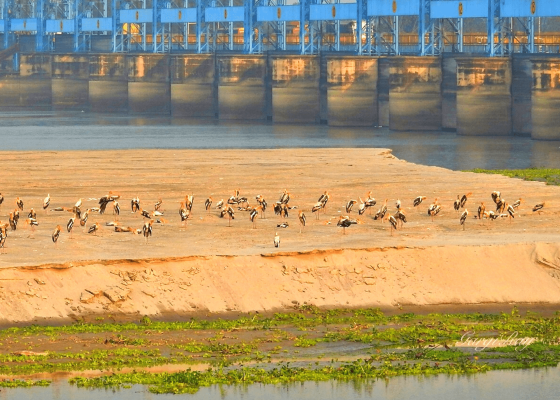Islamic festivals play a crucial role in bringing Muslims together and to the Allah Almighty. Eid ul Fitr and Eid al Adha are one of the biggest festivals that Muslims celebrate every year. Eid ul Fitr is celebrated after Ramadan and Eid al Adha is celebrated on the 10th of Dhul Hijjah. Eid al Adha holds a special place in Islam. Muslims who can afford to travel to Saudi Arabia physically and financially perform Hajj in Dhul Hijjah and offer sacrifice as an important Hajj ritual. Muslims all over the world living in their home countries also offer sacrifice of animals. The Eid al Adha is celebrated in remembrance of the great act of Prophet Ibrahim (AS) and his family. At the same time, Eid al Adha is linked closely to the Hajj pilgrimage. Hajj Companions ensure Hajj pilgrims offer this obligation without any hurdle through their comprehensive Hajj Packages. In this blog, we will explain the significance of Eid al Adha and its rituals. We will also describe how it connects with the Hajj. If you are planning to perform Hajj in 2025, check out various Hajj Packages 2025 by Hajj Companions to make your journey seamless.
Understanding Eid Al-Adha
Eid al-Adha is commonly known as the “Festival of Sacrifice.” This Eid is celebrated by Muslims all around the world. Muslims can offer sacrifice for three days. On this day, the 10th of Dhul, Muslims all over the world remember the sacrifice of Prophet Ibrahim (AS). Allah ordered Ibrahim (AS) to sacrifice his son in the way of Allah. When Prophet Ibrahim (AS) was about to do so, Allah showed mercy and sent a ram to be sacrificed instead. This unwavering faith and submission to Allah’s will was included in Hajj rituals by Prophet Muhammad PBUH by the order of Allah. Muslims all over the world celebrate Eid by offering prayers, meeting with family members, and sharing meat with loved ones and deserving. The meat of the sacrificed animal is divided into three equal parts. One part is given to deserving and those who are in need, one part is given to family, and one part is shared with friends and neighbors. This sharing of sacrificed animal meat highlights the importance of charity and unity. Hajj Companions’ all-inclusive Hajj Packages often help pilgrims in arranging animals and sacrifices.
The Rituals of Eid al-Adha
If you are performing Hajj, your day will begin differently than those Muslims celebrating Eid al-Adha in their home countries. Pilgrims of Hajj first perform the Rami ritual on the 10th of Dhul Hijjah. After performing the Rami ritual, pilgrims offer sacrifice and then shave their heads. Muslims in their home countries begin their celebration early in the morning. They gather in mosques or large areas to offer Eid Prayer. After the prayer, they offer the sacrifice of animals. Some people choose to sacrifice a large animal, while others prefer a smaller one, and some even decide to share a larger animal with others. There are many Muslims who do not offer sacrifice because of the cost involved. That is why, Allah has ordered to share meat with these deserving Muslims.
The Connection Between Hajj and Eid al-Adha
Hajj is the fifth pillar of Islam. Every adult Muslim who can undertake the journey physically and financially must go to Hajj at least once in their lives. Millions of pilgrims gather in Mecca to perform Hajj. The pilgrimage provides the best opportunity for Muslims to repent for their wrongdoings, build a strong connection with Allah, and reflect on their past lives. Eid al-Adha and Hajj are closely connected. Sacrificing animals in the way of Allah reminds us of the unwavering faith of Prophet Ibrahim (AS). It also gives rise to the spirit of sacrificing the dearest thing for Allah.
The Quran states in Chapter 22, Ayah 34:
“And for every nation, We have appointed a rite [of sacrifice] that they may mention the name of Allah over what He has provided for them of [sacrificial] animals. For your god is one God, so to Him submit.”
This ritual of sacrificing the animal is meant to emphasize believers to remain united, share meals with the needy, and follow His commands.
Conclusion
Hajj is the key pillar of Islam but mandatory for only those who can undertake it physically and financially. The spirituality of this pilgrimage is for pilgrims who are actually there and performing Hajj rituals in Makkah and Mina. Muslims not performing Hajj rituals are obliged to offer sacrifice on the 10th of Dhul Hajj (if they can bear the cost). Pilgrims performing Hajj often manage to offer sacrifice through their Hajj Packages. It is recommended to discuss with your Hajj travel agents the inclusion of sacrifice in their packages. If your package for Hajj does not support Qurbani (sacrifice), make sure to allocate money to buy animals and for sacrifice in your Hajj budget.




